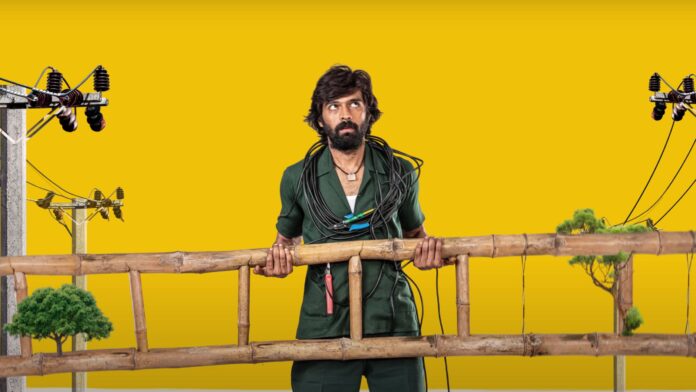“It’s everyone’s story, every town’s story…” With this resounding declaration, “The Line Man” unfolds, promising not just the tale of its titular character, Natesh alias Nata (Trigun), but a broader narrative encapsulating the essence of Chandakavadi. As the opening scenes set the stage for Sharadamma’s (B Jayashree) 100th birthday celebration, the film sets its sights on depicting the intricate web of relationships within the town, transcending the boundaries of Chandakavadi to resonate with any community.
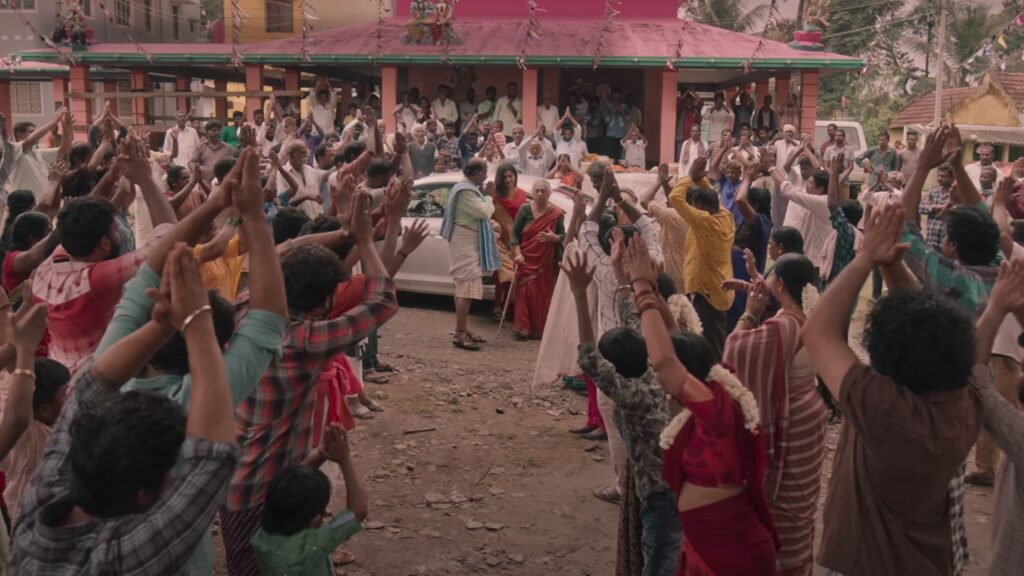
The anticipation builds as preparations for Sharadamma’s milestone birthday, a symbol of communal unity as she had a significant role in assisting hundreds of pregnant women in the vicinity during childbirth, intertwine with the impending acknowledgment of the Line Man’s indispensable role in the town’s functioning. However, a sudden disruption occurs as the Line Man, driven by a deeply compassionate motive, halts the electricity supply, plunging the town into confusion and indignation. The reason behind his seemingly abrupt action lies in the delicate balance between human convenience and the preservation of nature, epitomized by a sparrow’s nest nestled beneath a transformer box, poised on the brink of new life.
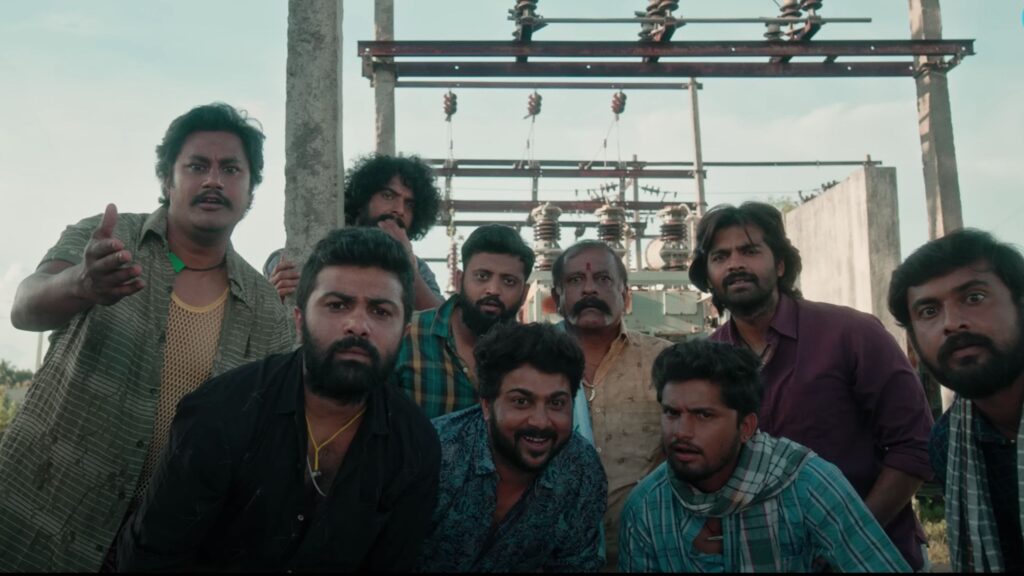
While the narrative ostensibly revolves around the provision of electricity, “The Line Man” transcends this premise to explore the fragility of human connections in an era dominated by technological advancement. Director Raghu Shastry masterfully crafts the ambiance of Chamarajnagar, infusing the film with authenticity that resonates throughout every frame. Against this backdrop, performances by B. Jayashree, Harini, Maico Nagaraj, and Sujay Shastry shine, while Trigun’s portrayal of the protagonist imbues the character with a depth that refrain from melodrama.
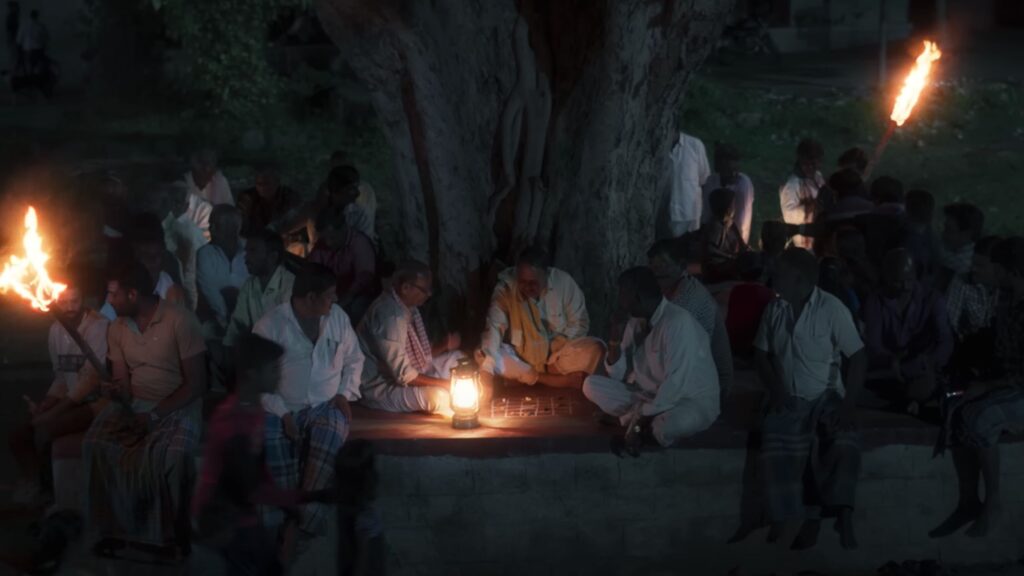
The first half of the film lays the groundwork, introducing the diverse array of characters that populate Chandakavadi. However, it is in the second half that the narrative truly unfolds, as the absence of electricity exposes the intricacies of human behavior and interaction. Yet, amidst the genuine moments of connection, the film occasionally falters with excessive drama and surplus scenes, detracting from its overarching message of subtlety and nuance.
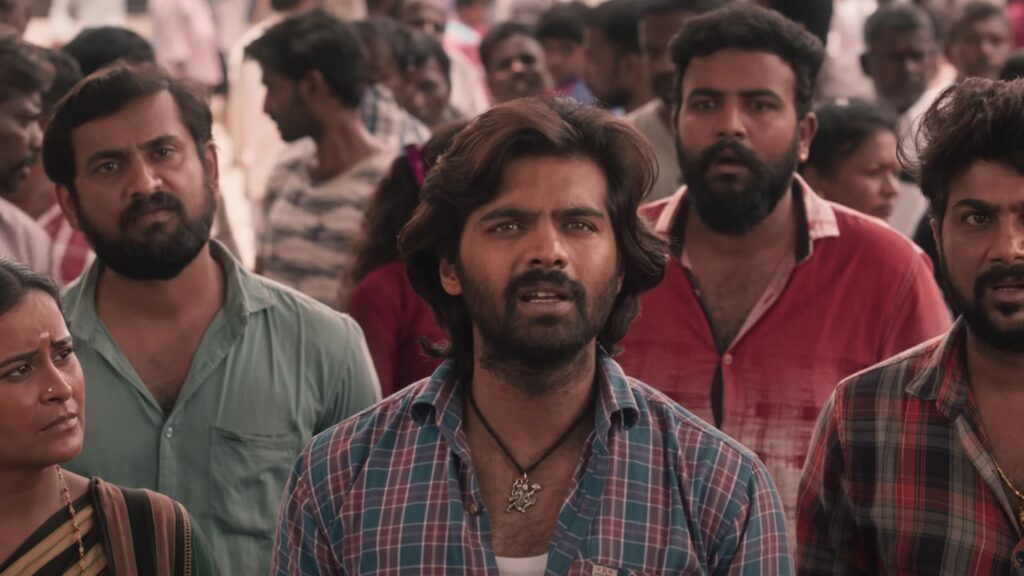
Despite its shortcomings, “The Line Man” resonates with genuine sentiment, anchored in its earnest portrayal of human-nature dynamics and echoing the dwindling presence of sparrows in urban landscapes, alongside the pervasive grip of technology on interpersonal relationships. Director V Raghu Shastry weaves a poignant narrative that serves as a timely reminder of the importance of genuine human connections amidst the relentless march of progress. As the film navigates the delicate balance between conservation and convenience, it invites viewers to reflect on their relationship with nature and technology, making it a compelling watch for audiences of all ages.





